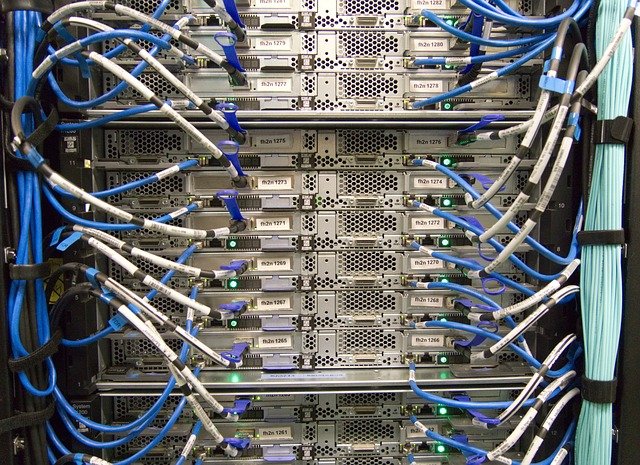In the rush to jump onboard the cloud computing revolution, businesses can easily overlook the advantages of bare metal server hosting.
This approach aims to deliver the best of both worlds, merging the flexibility of virtual cloud servers with the control you get over running dedicated hardware in-house.
To explore this a little more, let’s rack up the real perks of bare metal hosting and also look at the considerations and caveats which come with adopting it over the alternatives.
Table of Contents
Determining your own destiny
Of all the advantages of bare metal server hosting from brands including Maxihost, the prospect of providing businesses with total control over not just what software runs on their server, but also what hardware components are used, takes the cake.
Entirely customizable servers can be configured and deployed in a short timeframe, so for customers with specific use cases there is no need to settle for a sub-par experience. You do not have to compromise on CPU core counts, RAM allocations or I/O metrics, since each one can be tuned precisely.
Bear in mind that providers may have a longer lead time for rolling out bespoke bare metal servers. Luckily if you are happy with a standardized setup, this can be put to work almost instantaneously, so customization is not essential.
Freeing yourself from noisy neighbors
Virtualized servers are prone to suffering from performance pitfalls, because they are designed to allow lots of users to piggyback on the same hardware, with software portioning out the resources in real time.
With bare metal hosting, you do not have to make sacrifices or compete with other users to get the full potential of your package’s advertised capacity. Instead, every clock cycle of your server’s CPU is yours to leverage alone.
Of course if you choose to create virtualized environments on your bare metal server, that is entirely possible. The point is that it will be your choice to make, and you are in charge of how this plays out.
Keeping costs low
If you run server hardware on-site, then you are essentially taking a risk. Overdo it during procurement, and you could end up with lots of costly kit that you are rarely using at full capacity. Underspend and you might not have the means to cope with mission-critical workloads.
Rather than rolling the dice in this way, bare metal server hosting lets you make your costs more predictable and manageable.
As well as allowing hardware, power and maintenance costs to be handled by the provider, you are also signing up to a service that can adapt to your needs in real time. And if your capacity requirements change, you will not bear the financial brunt of bad decisions made in the past.
Taking security into account
Organizations of all sizes must contend with the cyber threats posed by the modern age, and while virtual servers are not exactly vulnerable in this context, they are still less secure than bare metal equivalents.
This again comes down to having only one company taking charge of the server hardware. Because there are no other tenants to worry about, the potential for breaches occurring from sources that are outside of your remit melts away.
Likewise if you have industry-specific regulations to stick to, it is better to choose bare metal server hosting, as you can hone your configuration to meet the stringent requirements for security that regulators demand.
Final thoughts
Bare metal server hosting is not perfect for every purpose, but by now the benefits will have made clear whether it is the right choice for you.
All you need to do is work out how much you can afford to spend and then select a package which marries effectiveness with affordability.


